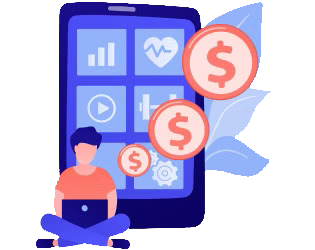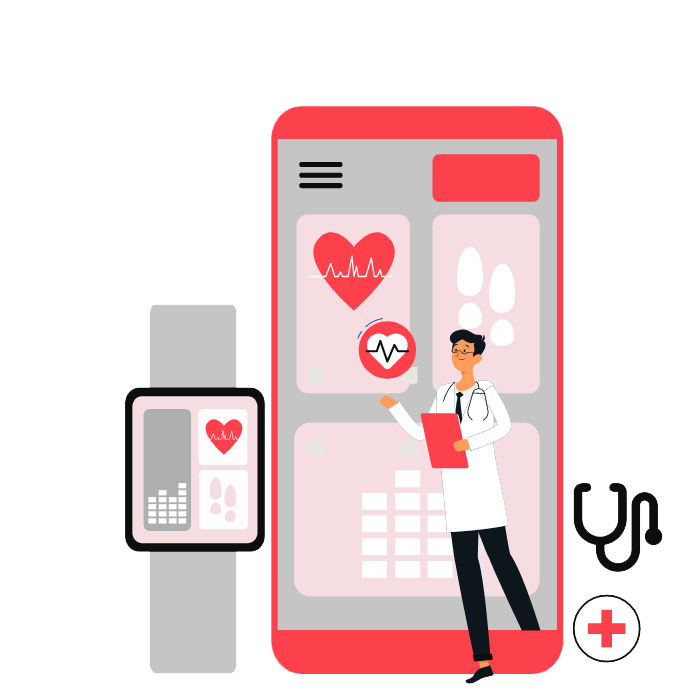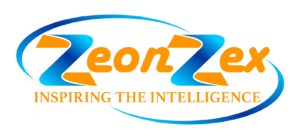
Mobile Apps and Their Impact on the Healthcare Industry
Mobile Apps and Their Impact on the Healthcare Industry: Mobile app development is a rapidly expanding and innovative area with applications across numerous sectors. One sector where mobile apps are having a significant impact is the healthcare sector. This blog post will go over the innovative ways that mobile app development is improving patient care and speeding up medical procedures, as well as how vital it is and how it is changing the healthcare industry.
Mobile apps for healthcare are revolutionizing how patients, providers, and institutions interact. There are various benefits to this intersection:
Enhanced Patient Engagement
Mobile apps let patients manage their health. These apps provide medical information, prescription reminders, and appointment scheduling to engage patients.
Convenience and Accessibility
Mobile healthcare apps let users arrange appointments, access medical information 24/7, and talk to doctors anytime they want.
Improved Communication
Mobile apps let doctors and patients communicate. Ask medical experts questions and share health information to receive fast replies.
Telemedicine and Remote Monitoring
Telemedicine improves healthcare for rural and poor people. Smartphone apps can help doctors remotely monitor vital signs and act quickly.
Health and Fitness Tracking
Tracking steps, calories, and sleep habits with a mobile app can help users live a healthy lifestyle.
Medication Management
Medical professionals often struggle with medication adherence. Mobile apps provide reminders, track dosage, and warn of drug interactions.
Data Security
Data security and legal compliance are top priorities for mobile healthcare apps in order to ensure patient privacy and confidentiality.


Mental Health Apps
Apps like Calm and Headspace encourage mental health awareness by teaching stress management, relaxation, and meditation.
Telehealth Platforms
Online consultations between patients and doctors increase medical knowledge via apps like Doctor on Demand and Teladoc.
mHealth Solutions
By tracking and sharing health data with doctors, mobile health (mHealth) apps are revolutionizing chronic illness management like diabetes.
Healthcare Wearables Integration
Integrating smartphone apps with wearables like Fitbit and Apple Watch allows users to quickly track their fitness and health metrics.
AI and Machine Learning in Diagnosis
Mobile apps use AI and machine learning to give personalized health advice, diagnose health issues, and help with tests.
Mobile app development has raised the bar for healthcare, improving patient care, making it more accessible, and completely changing the way doctors treat patients. The usage of mobile technologies is changing the healthcare industry, and there is a lot of opportunity for innovation in this field. As the healthcare sector evolves to deliver more efficient and patient-centered healthcare services, mobile app development will become more and more crucial.

